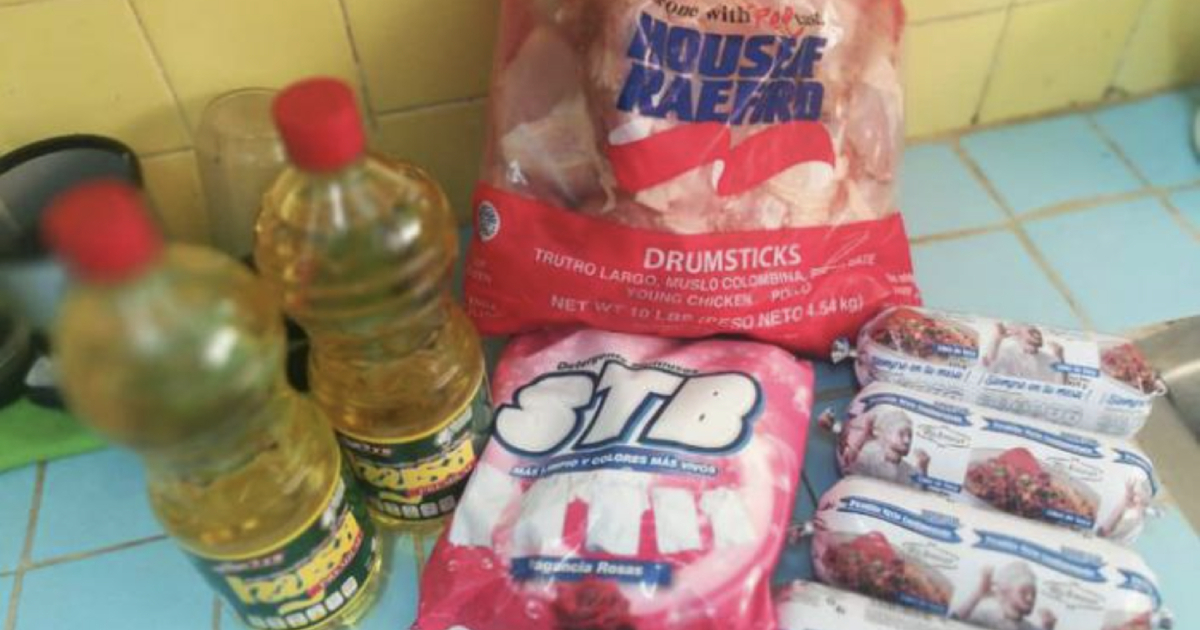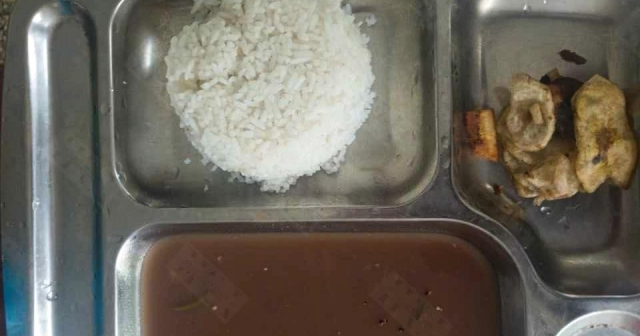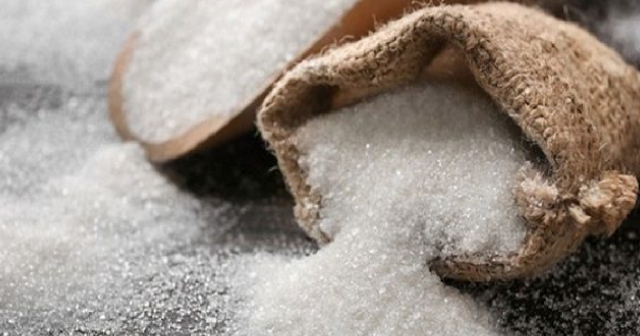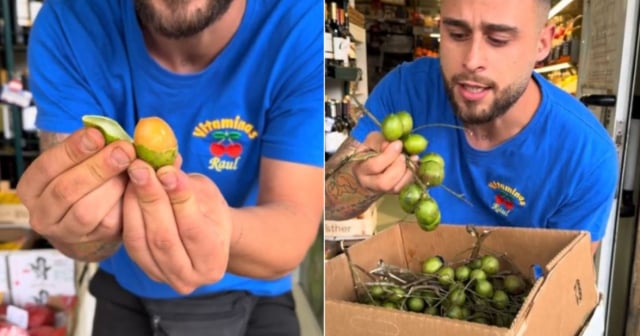
The food monitoring and reporting program in Cuba, the Food Monitor Program, warns that the recent measure adopted by the government to cap food prices could increase scarcity and the black market in the country.
Food Monitor Program published on the social network X, a thread detailing the implications of the new resolution.
The Cuban government establishes a 'war economy' and imposes price controls on basic food items. This unilateral measure could impact the private sector, discourage investments, increase shortages, and fuel the black market. Furthermore, it allows for executive decrees without consensus or accountability, they pointed out.
The Cuban government announced on Monday the implementation of price caps on six high-demand basic products through Resolution 225/2024, published in the Official Gazette of Cuba.
The affected products include diced chicken, edible oils (except olive oil), powdered milk, pasta, sausages, and powdered detergent.
This measure is presented by the authorities as an effort to mitigate the impact of inflation on consumers, eliminating the payment of the Customs Duty on the imports of these products and setting maximum sale prices.
Private entrepreneurs warn that this is not the way, but the new prices set by the authorities are as follows:
- Chopped chicken: 680 pesos per kilogram
- Edible oils (except for olive oil): 990 pesos per liter.
- Powdered milk: 1,675 pesos per kilogram
- Pasta: 835 pesos per kilogram
- Sausages: 1,045 pesos per kilogram
- Powder detergent: 630 pesos per kilogram
However, far from reassuring Cubans, this government resolution is generating fearful reactions among the population that knows firsthand what happens when prices are touched in Cuba.
Lawyer Manuel Viera expressed his frustration about the situation. "They are going to starve us! No private importer will take the risk of importing if the dollar fluctuates without being able to adjust the price. It's economic suicide!", he said.
In his opinion, the products will be sold on the black market. "Then, when it runs out, we will have to do like the goat!" he said in reference to eating grass, paper, garbage, or whatever.
Like Viera, other Cubans are already denouncing the lack of products in stores.
"Can anyone tell me in which small or medium-sized enterprise I can buy powdered milk at 1.675 pesos per kilogram? Yesterday it was available at 2,500 but not today! The one for the children of the first day is still not being sold in the stores! Now they have capped prices... but there is no milk!" asked the lawyer.
The experts' opinions are not encouraging. The renowned Cuban economist Pedro Monreal also analyzed the possible consequences of this resolution.
According to Monreal, "instead of using the market to make the plan more flexible, they numb the market with the plan." In his X profile, the expert pointed out that this measure forces national private companies to adopt the Soviet method of price formation, which he considers a mistake.
"It is a serious mistake to persist with an economic calculation of a bureaucratic nature instead of one based on market prices," he concluded.
While the government defends the measure as a relief against inflation, citizens and specialists fear that these regulations will worsen scarcity and promote the black market, further impacting the already delicate economic situation of the country and food shortages.
What do you think?
COMMENTFiled under:






